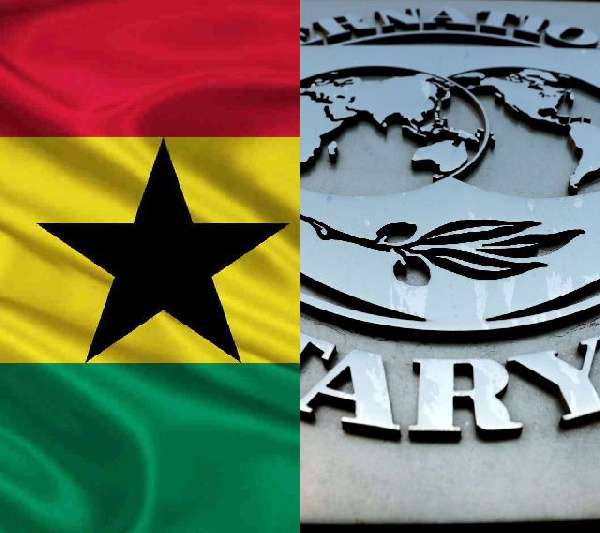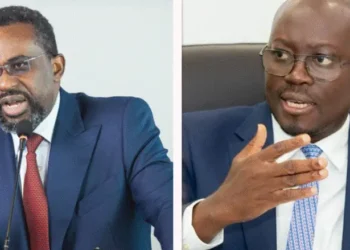Ghana is set to undergo a critical economic examination as a staff mission from the International Monetary Fund (IMF) arrives in Accra on September 29, 2025.
This will mark the fifth review of the country’s US$3 billion Extended Credit Facility (ECF) programme, which was approved in May 2023 to restore debt sustainability, rebuild external reserves, and strengthen structural reforms.
Having already disbursed approximately US$2.3 billion to Ghana, the IMF will use this visit to determine if the country qualifies for the next tranche of about US$360 million in October. The review carries extra weight as it is the penultimate assessment before the programme officially concludes in May 2026.
Testing Ghana’s Fiscal Discipline
The IMF’s fifth review is expected to be one of the toughest yet. Discussions will center on Ghana’s ability to maintain fiscal discipline and achieve a primary surplus of 1.5% of GDP—a target seen as vital for restoring long-term stability. The mission will also scrutinize Ghana’s progress on inflation control, reserve accumulation, and expenditure management.
A key concern is whether government reforms and expenditure controls can hold firm once IMF oversight ends. Development partners have already warned that Ghana risks fiscal slippages without robust “shock absorbers” in place.
Another critical area for review will be the growing arrears in statutory funds such as the National Health Insurance Levy (NHIL), the Ghana Education Trust Fund (GETFund), and the Road Fund. Delayed transfers to these funds have sparked public outcry, raising concerns about the sustainability of essential public services.
At the same time, the IMF will evaluate the balance between fiscal consolidation and social protection. With poverty and inequality still pressing issues, the Fund is keen to ensure that Ghana’s vulnerable groups are not left behind as reforms bite deeper. Questions will also be raised about how effectively social spending is reaching its intended beneficiaries.
Weak Banks and State-Owned Institutions Under Review
The health of Ghana’s financial sector will feature prominently in the discussions. Recapitalization needs of weak private banks and struggling state-owned institutions, particularly the National Investment Bank (NIB), remain unresolved. Analysts argue that unless these vulnerabilities are addressed, they could undermine broader economic recovery.
The IMF mission will therefore probe measures put in place by regulators and government to preserve financial stability while ensuring public resources are not unduly stretched.
The Bigger Picture: Restoring Confidence
Since the start of the programme, Ghana has made progress in stabilizing its economy. Inflation, which had peaked at alarming levels in 2022, has slowed, while reserves have seen gradual rebuilding. Yet, challenges persist.
Revenue mobilization remains below expectations, and the government continues to struggle with high debt service costs.
The outcome of the fifth review will be watched closely by investors and development partners, as it will serve as a litmus test of Ghana’s ability to sustain reforms and maintain credibility in global markets.
A successful review would unlock the next IMF disbursement and strengthen market confidence; failure could trigger uncertainty and renewed investor anxiety.
With one final review scheduled for April 2026, the upcoming assessment represents Ghana’s last chance to convince the IMF that it can exit the programme on a strong footing. The stakes are high—not only for the government but also for the broader economy.
READ ALSO: Foreign Investors Drive Explosive Bond Rally as Trades Hit GH¢3.47bn





















